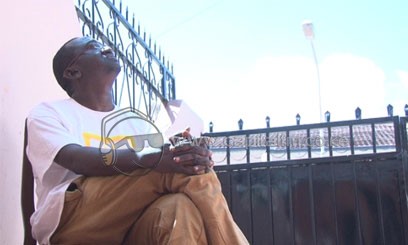Most people who suffer from depression are advised to take medication and undergo therapy and counselling.
Dr Bukusi however notes that the medication has side effects that range from blurred vision to slowed thinking in addition to being expensive.
“We have to weigh the benefits of the drugs against the side effects and most times they outweigh them. Sometimes people gain weight and others generally feel very low after taking the drugs so we keep changing until we find something that works,” he says.
The cost of medicine has definitely left a dent in Wanjiru’s and Kanyi’s pockets.
Wanjiru says that her family spends about Sh8,000 to Sh16,000 on drugs per month while Kanyi says he spends about Sh45,000.
In addition most insurance companies decline to cover individuals who suffer from mental illnesses and those that do put up stringent controls.
“We were looking for the best insurance but when you have a mental condition the premiums go up and the grace period is too long. We also tried the generics which are cheaper but their side effects are too bad so we decided to stick with originals,” says Janet.
Mental Health Director David Kiima says the Mental Health Act makes it a crime for insurance companies and anyone to discriminate against people with mental health concerns.
He however notes that the government cannot subsidise the costs of drugs required for mental illnesses.
“But this can only be implemented if the rights holders seek redress in Court. We also want to revise this law because people take it lightly. As a government we cannot give drugs to everyone because different types of drugs are given to these individuals,” he explains.
He further reveals that 10 percent of Kenyans suffer from depression; about five to 10 percent of these are teenagers while 10 percent are adults.
“Depression is fairly common in children and adults. About 20 percent of people who form outpatient queues have mental illness but are unaware. We need to train medics to treat and recognise mental disorders,” he says.
He also says time has come to decriminalise suicide and attempted suicide in an attempt to help those ailing from mental illnesses.
Dr Kiima further warns that if mental illnesses are not addressed they will become the biggest cause of disability by the year 2020.
“Depression is indeed a global crisis and Kenya has not been left behind. The time to act is now,” he says in conclusion.












































